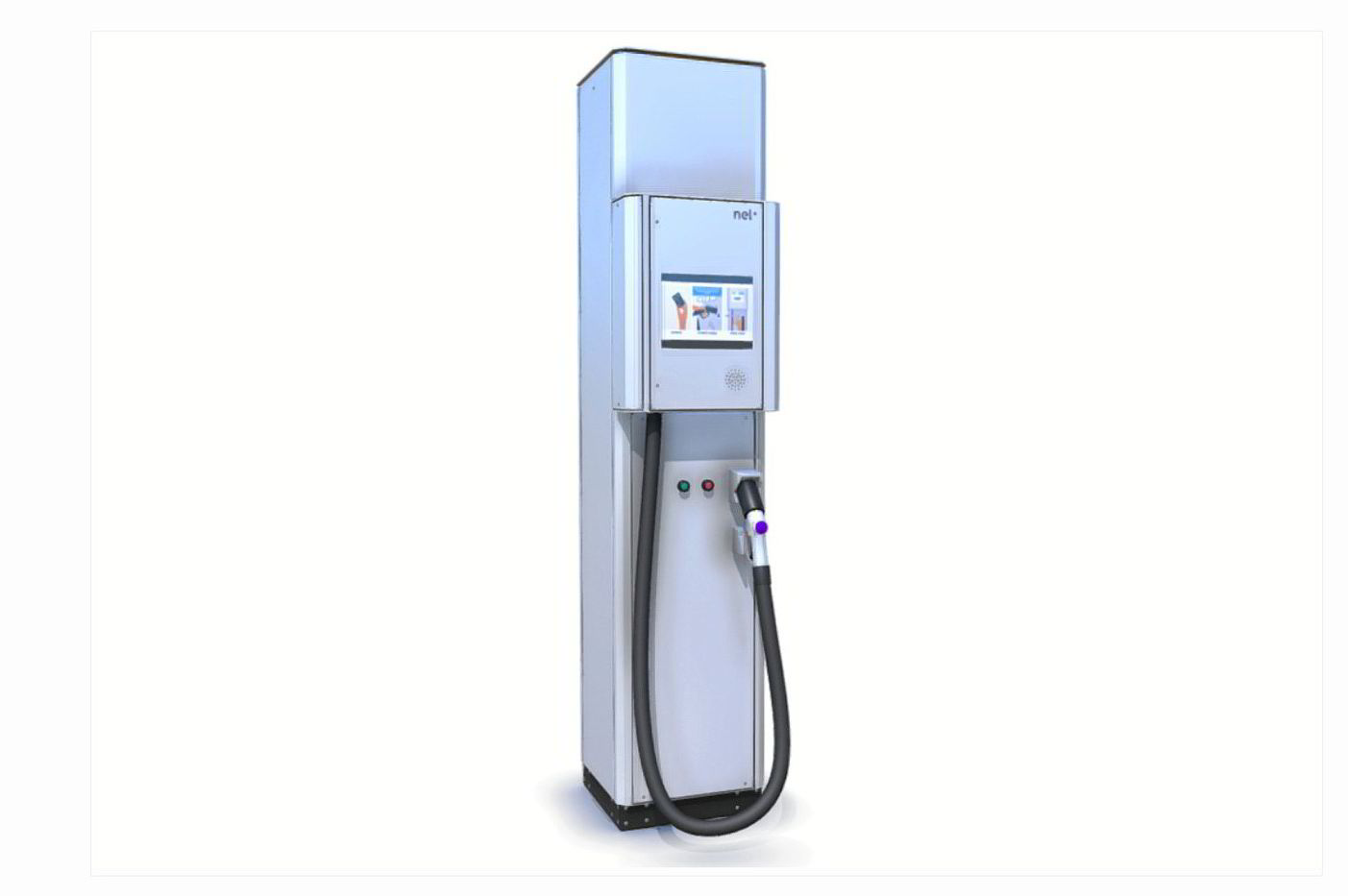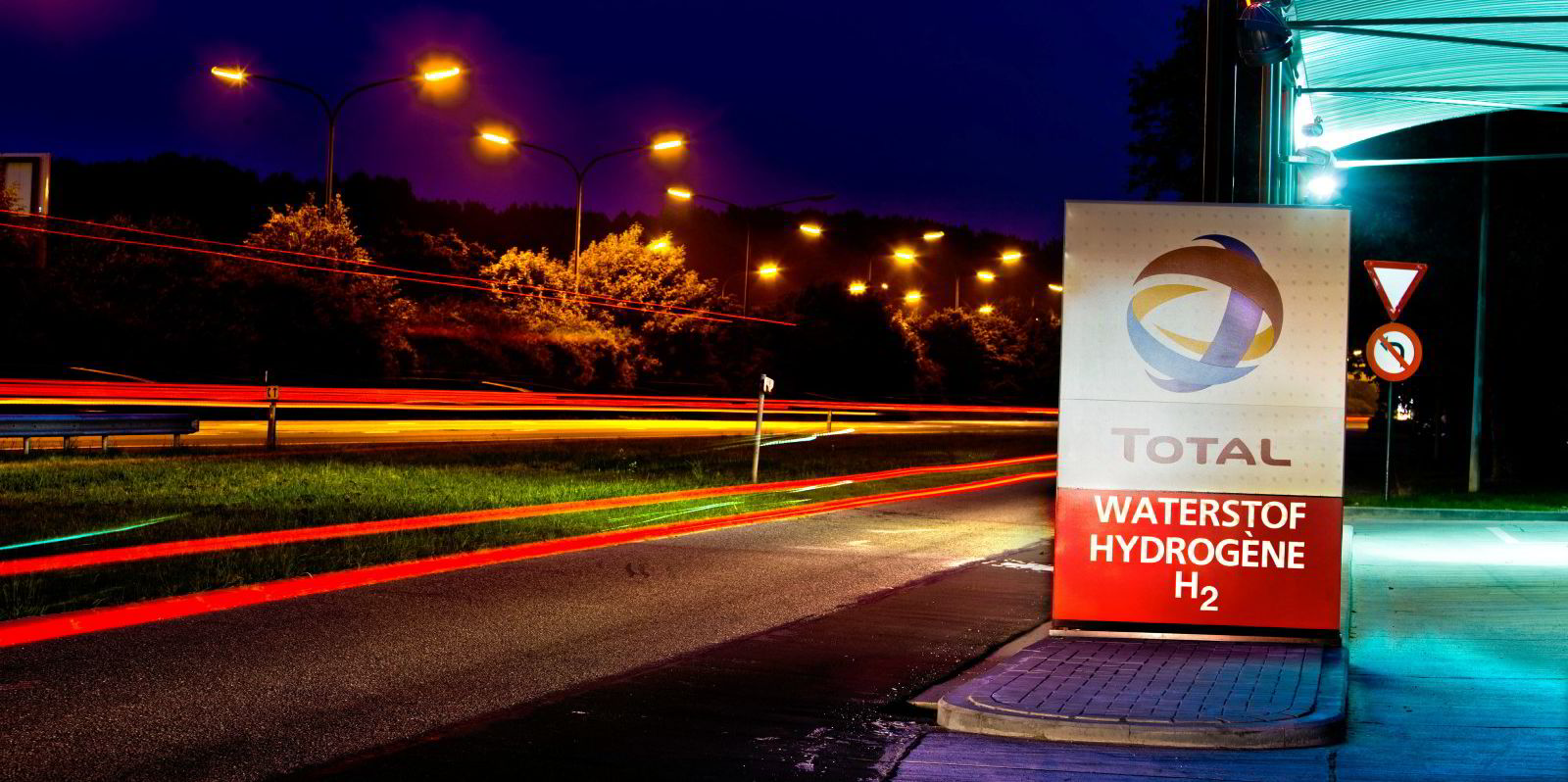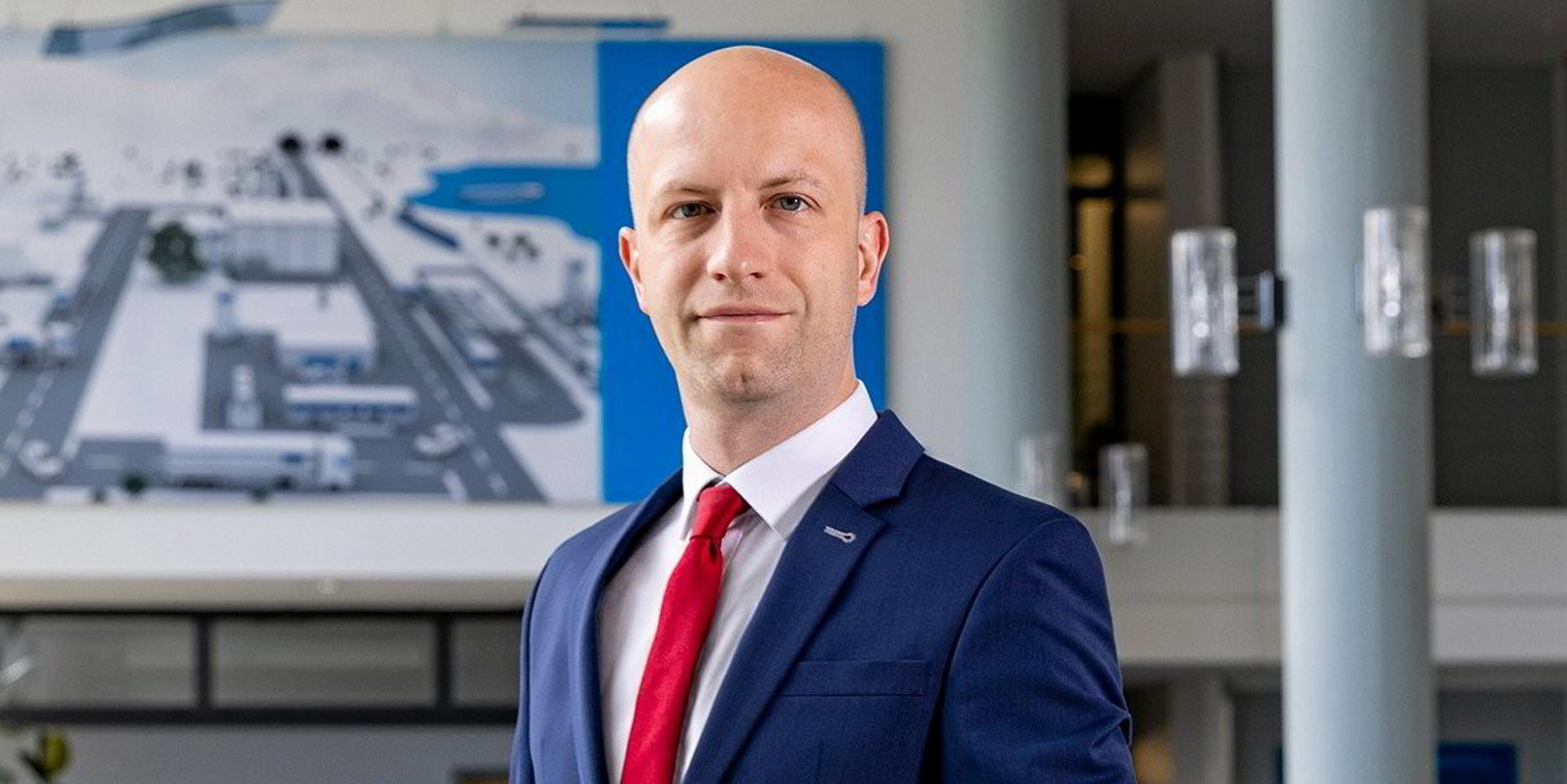One of the world's leading electrolyser makers, Nel, has revealed it has taken a $32m writedown on its hydrogen fuelling business due to ongoing problems with its “immature” equipment, but says the entire industry is experiencing similar issues.
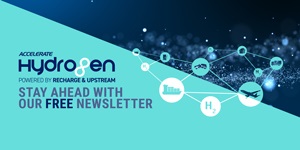
In a presentation about its 2022 results this morning, chief executive Håkon Volldal told analysts and investors that revenues from this business segment fell by 26% last year, and that it will continue to incur high costs going forward — including on service contracts on stations that have already been installed.
“I think it's fair to say that the technology that was installed was immature, and that the quality was not good enough, and we struggle with all the work we have to do in order to keep these stations running, to fix issues, to send personnel out on site,” said Volldal, who joined the company in July last year.
“An unfocused market approach has led to high organisational and operational complexity, and that drives cost. We have tried to do everything for everybody, everywhere, and that's expensive. We have immature and non-standardised technology that we put out there and that has resulted in high costs which basically increase with higher station utilisation — so the more the stations are being used, the higher the cost for Nel.”
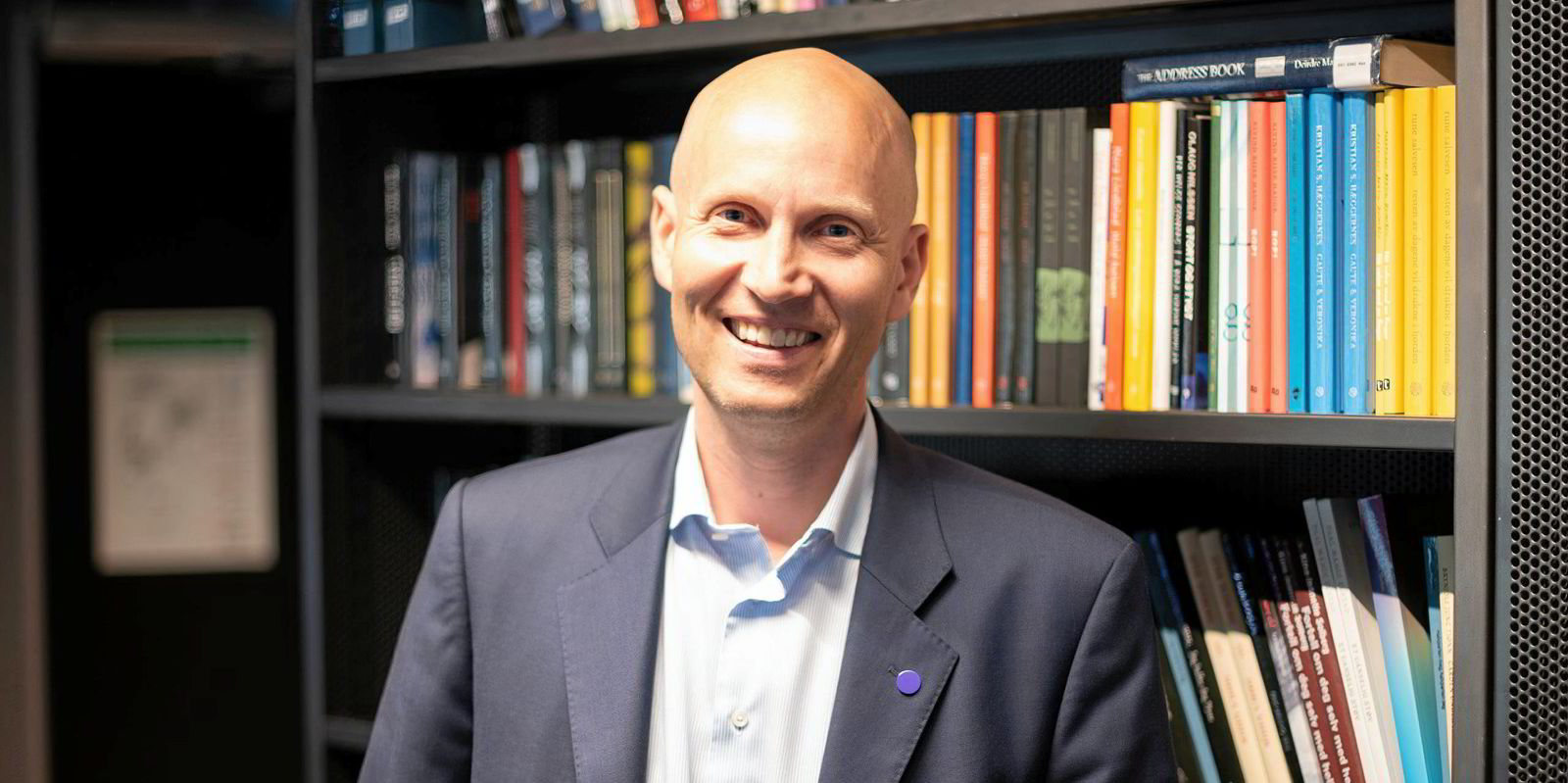
He continued: “So then why are we in fuelling, you might ask? Well, we believe that the market potential for heavy-duty fuelling [ie, trucks and buses] is high. Global efforts to decarbonise the transport sector increases demand for high capacity hydrogen fuelling stations, and this is probably the most important reason we are still in fuelling, and why we sort of see a future fuelling.
“Some of the largest energy companies in the world are Nel customers, and they have made long-term commitments to developing this infrastructure. They are working with us, they are being patient, they want this to work. They're not running away and I might add [that], fortunately, even though we have our problems, Nel is still considered one of the best providers of fuelling technology in the industry, so this is not Nel-specific. This is an industry challenge that we are working together with some of the largest energy companies in the world to fix.”
Hydrogen filling stations have been notoriously unreliable around the world. In California, one of the planet's biggest markets for fuel-cell vehicles, pumps frequently break down or run out of fuel, leaving hydrogen cars stranded and unable to refuel, or with nozzles frozen solid to vehicles, with customers begging Toyota to let them return their vehicles. And in South Korea, a government report in 2021 revealed that the country’s 12 motorway hydrogen filling stations broke down a total of 221 times between April 2019 and August 2021.
And in January, loss-making UK electrolyser maker ITM Power revealed that it wanted to exit its Motive Fuels refuelling joint venture with Vitol, stating that the “landscape had changed... with lower availability of heavy-duty hydrogen vehicles than originally anticipated, adversely affecting fuelling asset utilisation.”
Previously, Nel focused on hydrogen fuelling for cars — a market that has failed to grow beyond a tiny niche — and also customised equipment for a wide range of customers. Now, the company will focus purely on “high capacity and trailer filling” and standard products to high-volume clients.
“So not a ton of different customers with different requirements, but a few higher volume accounts that we can work with,” Volldal explained.
“We had a broad product range. Too many products and everything developed in-house, including pressure compression from 50 to 1000 bar. That's not a good idea. So in the future we will have a single product platform. We will have core technologies in-house. So high-pressure compression, but not from 50 to 1000 bar, but from 300 to 1000 bars control and cooling.”
